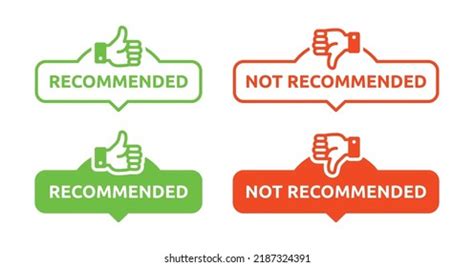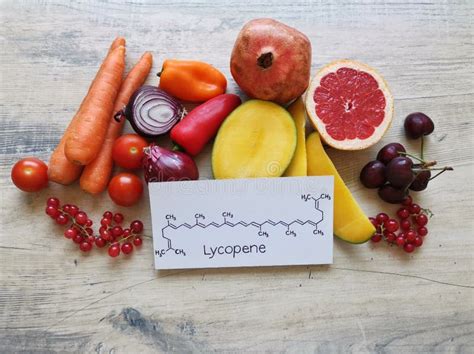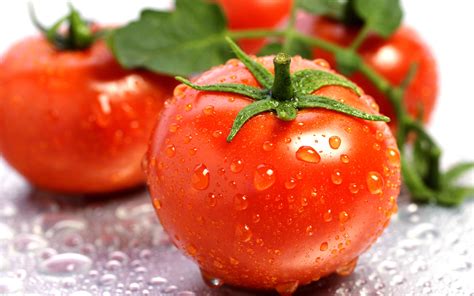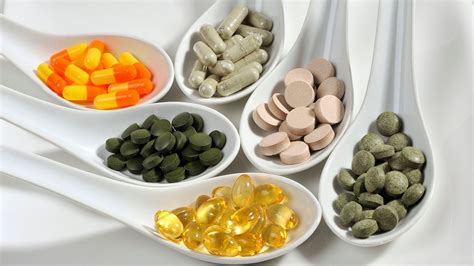What is the recommended daily intake of lycopene for adult men to support prostate health?

Understanding Lycopene and Prostate Health
Lycopene is a powerful carotenoid pigment responsible for the red color in many fruits and vegetables. Beyond its aesthetic appeal, lycopene is a potent antioxidant, meaning it helps protect cells from damage caused by free radicals. This protective quality is particularly interesting in the context of prostate health, where oxidative stress is believed to play a role in the development and progression of various conditions.
Numerous studies have investigated the relationship between lycopene intake and prostate health outcomes, including a reduced risk of prostate cancer and a slower progression of benign prostatic hyperplasia (BPH). While research is ongoing and not entirely conclusive, the evidence generally points towards a protective effect, making lycopene a nutrient of significant interest for men.

Establishing a Daily Intake for Prostate Support
It’s important to note that there is no official Recommended Daily Allowance (RDA) for lycopene specifically for prostate health established by major health organizations. This is largely due to the complexity of dietary recommendations and the variability in research findings.
Current Research Insights
However, many studies that have observed a positive correlation between lycopene intake and prostate health benefits typically suggest an intake range. Based on a review of clinical trials and epidemiological studies, a daily intake of 10 to 30 milligrams (mg) of lycopene is frequently cited as a beneficial range for adult men aiming to support prostate health. Some studies have indicated benefits at the higher end of this range, or even slightly above, for certain outcomes.
It’s crucial to emphasize that these are observational or trial-based figures, not universally endorsed dietary guidelines. The effectiveness can also vary based on individual factors like genetics, overall diet, lifestyle, and existing health conditions.

Top Dietary Sources of Lycopene
The best way to obtain lycopene is through a balanced diet rich in lycopene-containing foods. The primary and most bioavailable source of lycopene is tomatoes, especially cooked and processed tomato products. Cooking tomatoes, particularly with a little fat, significantly enhances lycopene absorption.
Excellent Sources Include:
- Tomato products: Tomato paste, sauce, juice, ketchup, and cooked tomatoes are excellent sources. A single serving (e.g., 1/2 cup of tomato paste) can provide 20-30 mg of lycopene.
- Watermelon: A good source, with about 9-13 mg per cup.
- Pink grapefruit: Contains around 2 mg per half grapefruit.
- Guava: Offers about 5 mg per fruit.
- Papaya: Provides roughly 1.5 mg per cup.

Factors Affecting Lycopene Absorption
Maximizing lycopene’s benefits isn’t just about intake; it’s also about absorption. Here are key factors:
- Cooking: Heat processing breaks down cell walls in tomatoes, making lycopene more accessible for absorption.
- Fat: Lycopene is fat-soluble, so consuming lycopene-rich foods with a source of healthy fats (e.g., olive oil in tomato sauce, avocado with watermelon) significantly boosts absorption.
- Food Matrix: Lycopene from whole foods is generally absorbed better than from supplements, although supplements can be a concentrated source.

Lycopene Supplements
For men who find it challenging to consistently consume enough lycopene through diet, supplements are an option. Lycopene supplements typically contain 10-20 mg per capsule. However, it’s always preferable to obtain nutrients from whole foods, as they provide a spectrum of beneficial compounds that work synergistically. If considering supplements, it’s vital to consult with a healthcare professional to determine the appropriate dosage and to ensure there are no contraindications with existing medications or health conditions.

Conclusion
While there’s no official daily intake recommendation for lycopene, a target of 10-30 mg per day, primarily from dietary sources like cooked tomatoes, appears to be a reasonable goal for adult men looking to support prostate health. Embracing a diet rich in fruits and vegetables, especially those high in lycopene, alongside a healthy lifestyle, contributes to overall well-being. Always consult with your doctor or a registered dietitian before making significant changes to your diet or starting any new supplement regimen, especially if you have existing health concerns or are taking medication.








